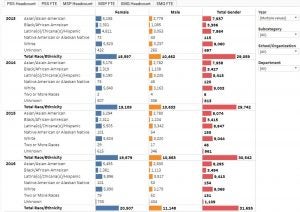Faculty Career Development Awards (FCDA) are given annually to regular rank Assistant Professors and Assistant Professors-in-Residence, providing research support at a critical time in the pre-tenure stage. The funding is to assist faculty as they advance an on-going research project, creative activity, or as they embark on a new project. Awards are made in the form of a lump-sum of $5,000 – $15,000 in research funds. Approximately 30 awards are granted annually.
The following winners of the 2023-2024 Faculty Career Development Award demonstrate cutting-edge research, outstanding achievement, and commitment to the EDI mission.

The project addresses the issue of underrepresentation of Black participants in Parkinson’s disease (PD) research, a problem which limits the generalizability of research findings in the field. In this study, Dr. Adrissi will develop a novel, quantitative assessment tool that can be used by PD researchers to systematically evaluate and improve clinical trial recruitment and design to maximize trial inclusivity and accessibility. The study will incorporate community input through the integration of contributions from an advisory council of Black people with PD, family members, and community leaders into the process of scale development.
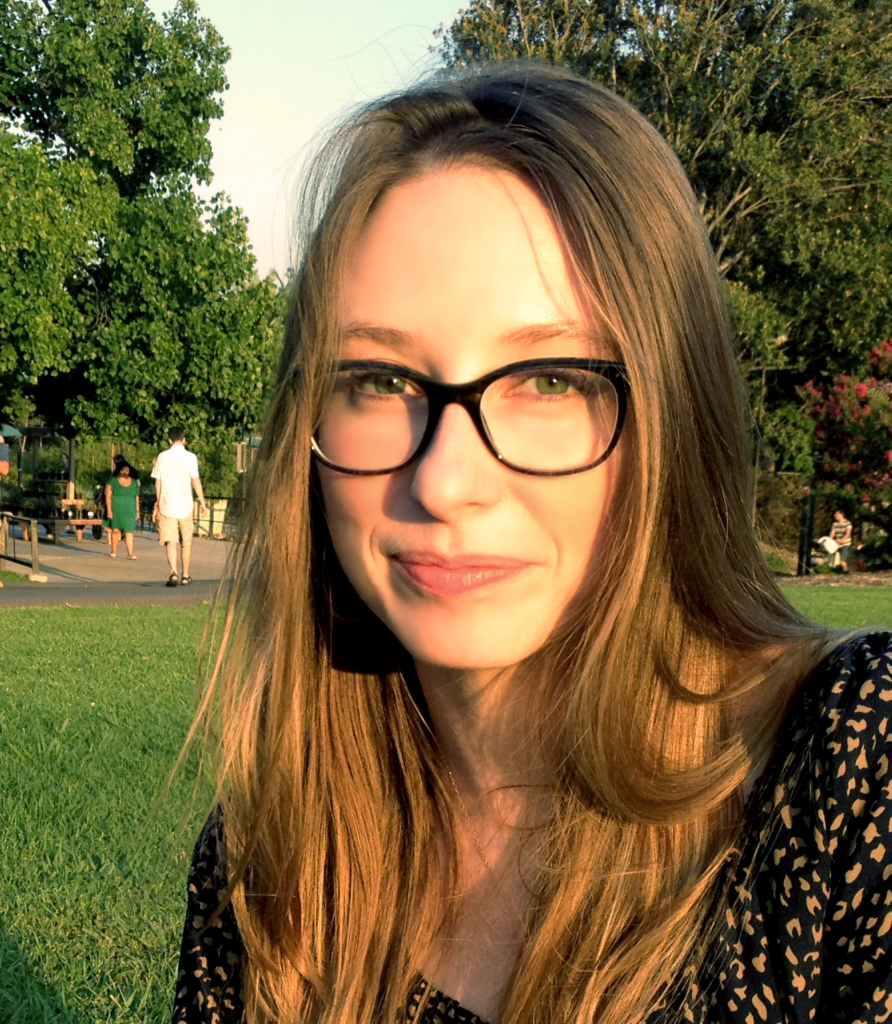
Stephanie Bosch Santana’s research focuses on lesser-studied literary forms and languages (Chichewa/Nyanja) from the region of southern Africa, where popular media—including newspapers, magazines, and now digital platforms like Facebook—serve as vital literary outlets, often the only ones for women, minority voices, and African language fiction. Her second book project, for which she received funding from the FCDA program, explores “paravirtual literary networks,” including book clubs and writers’ workshops, that are mediated in significant ways but that make strategic use of digital connections to foster face-to-face interactions offline. By turning to paravirtual networks, which connect virtual and real-world spaces, the project seeks to uncover more nuanced relationships between digital literature and place and to reconceptualize new media literatures from global south perspectives.
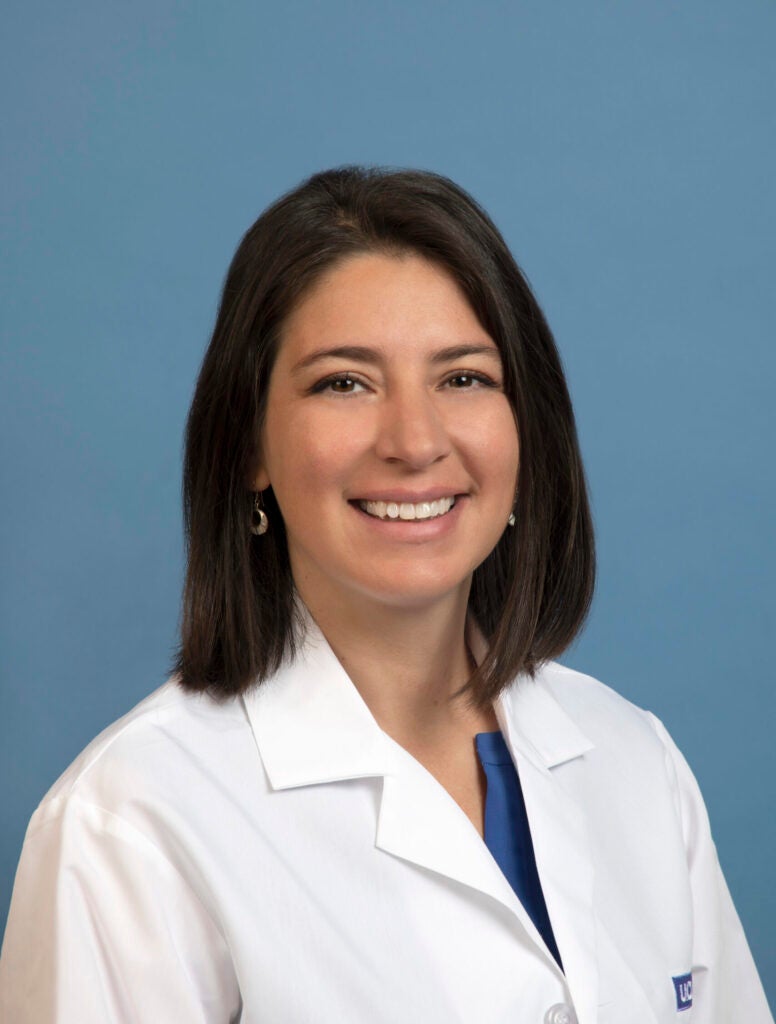
Cecilia Canales, MD, MPH is an Assistant Professor in the Department of Anesthesiology & Perioperative Medicine at UCLA. Dr. Canales’ research focus is on patient-oriented outcomes in older adults undergoing surgery. She is specifically interested in factors that contribute to postoperative neurocognitive disorders. Dr. Canales is a current National Academy of Medicine Diagnostic Excellence Scholar funded by the Gordon and Betty Moore Foundation, Council of Medical Specialty Societies and The John A. Hartford Foundation for her work in Advancing Language Equity in Perioperative Neurocognitive Disorders. She has also received training from National Institute of Aging-Butler-Williams and Resource Center for Minority Aging Scholars programs. Dr. Canales is the faculty advisor the UCLA Minority Housestaff Organization and is integrally involved in medical student and resident education.

Dr. Dana Rose Garfin's project will examine the potential benefit of a Mindful Self Compassion (MSC) intervention to address co-occurring PTSD and substance use in women experiencing homelessness. The study will leverage community-based research principles and implement a two phase, mixed-method design. The first phase will integrate qualitative and quantitative methods to adapt and refine the MSC intervention, and the second phase will be a randomized control trial of the resulting modified MSC intervention. The project will be conducted in partnership with a local Los Angeles County state-funded drug treatment facility that serves women and families whose income is below the federal poverty level.
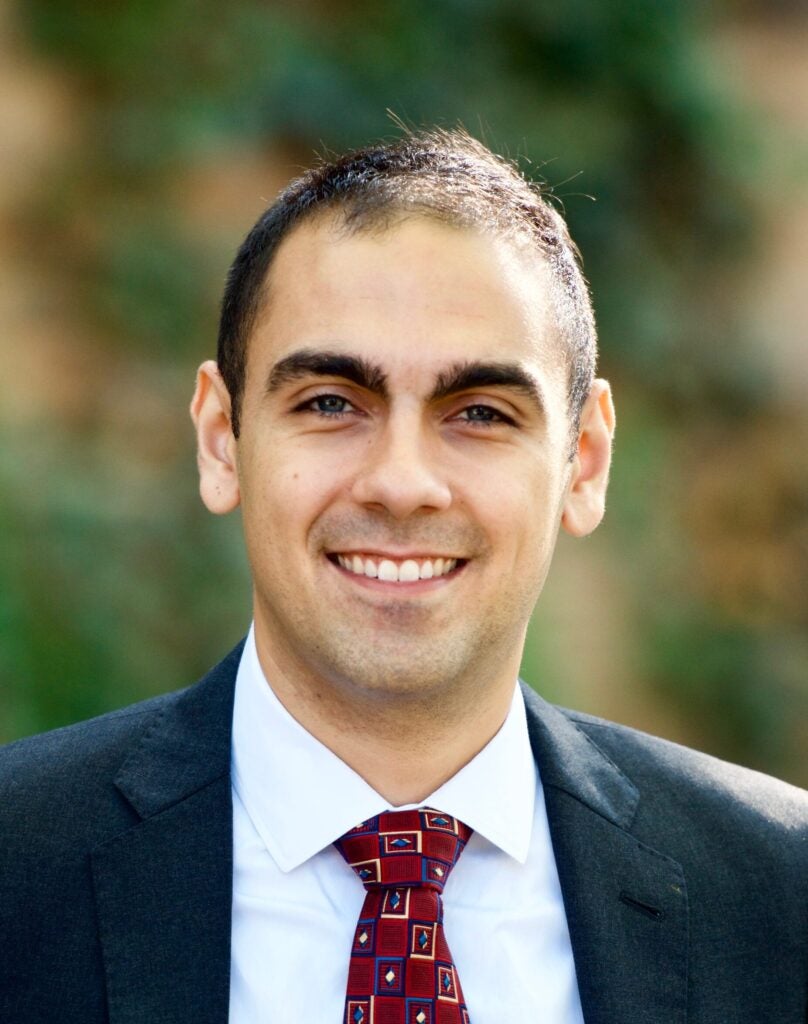
A fundamental challenge in studying racial discrimination in policing is that the existing data primarily consist of interactions initiated by the police themselves. If there are racial differences in who interacts with the police, statistical analyses of discrimination in these interactions will suffer from sample selection bias. This project will develop novel methods for measuring racial discrimination in policing when the data suffer from sample selection problems. The central idea is to use variation in enforcement intensity across police officers to understand the sample selection process. The authors will apply this new approach to the study of arrests by the Dallas Police Department.

Studies confirm that having a criminal background is a significant barrier to employment. In response to these barriers, California and many other states and cities across the country have implemented “ban the box” (BTB) and other Fair Chance policies that prevent employers from conducting criminal background checks until late in the job application process. While existing research has examined the impacts of this set of policies on employer hiring decisions, none have explored the impacts on the perceptions and experiences of the formerly incarcerated who are seeking employment or currently employed. With Professor Sandra Smith of Harvard University, we examine the impact of fair chance employment policies on the employment and job searches of the formerly incarcerated by surveying 351 of the justice involved who are currently on probation in Oakland and San Francisco and in-depth interviews with 45 participants. The study will help understand to what degree such policies are effective in improving the employment opportunities of the justice-involved, reducing interwoven racial disparities, and what other policy steps might be taken to reduce discrimination towards those with a criminal record in the labor market.

The proposed project aims to develop high-speed IR photodetectors by leveraging the coherent transfer of angular momentum of IR light to the harmonic motion of electron gas in graphene plasmonic resonators that create atom-level confinement of optical energy. The proposed work will lead to significant advances in IR technologies and benefit high-velocity navigation of vehicles on ground, air, and water at night, night-vision goggles, satellite IR imaging, IR optical communication, and spectroscopic detection of toxic gases and viruses.

"The Ottoman Postal System: An Infrastructural History" examines the logistics of the empire's relay communication system from 1600 to 1900. Using documents in Ottoman Turkish, Arabic, and Persian collected from archives in Istanbul, Thessaloniki, Sofia, and Hyderabad, this book presents the perspectives of actors who participated in this vast infrastructure: not just the Courier, the Postmaster, the Bookkeeper, and the Villager, but also the horse, the credit voucher, and the imperial decree. It brings Ottoman history into conversation with STS (Science & Technology Studies), infrastructure studies, as well as debates on state formation and political economy.
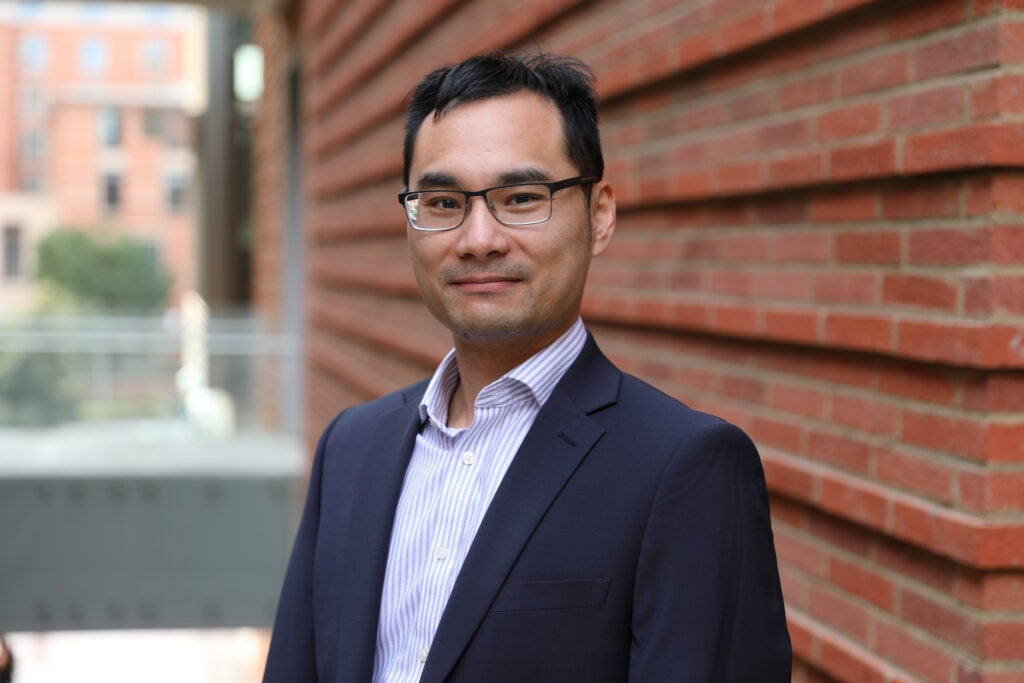
The ability to generate biological tissues that recapitulate human responses is crucial for drug screening, toxicity study, and, ultimately, organ transplantation. We aim to understand how mechanical forces, physical cues, and biochemical signaling can be integrated to improve the function of bioengineered tissues. In this funded project, we will combine artificial intelligence and neural cell biology to identify effective stimuli combinations that optimize differentiation of brain organoids, which are lab-grown cell aggregates that mimic the structure and physiology of human brains.
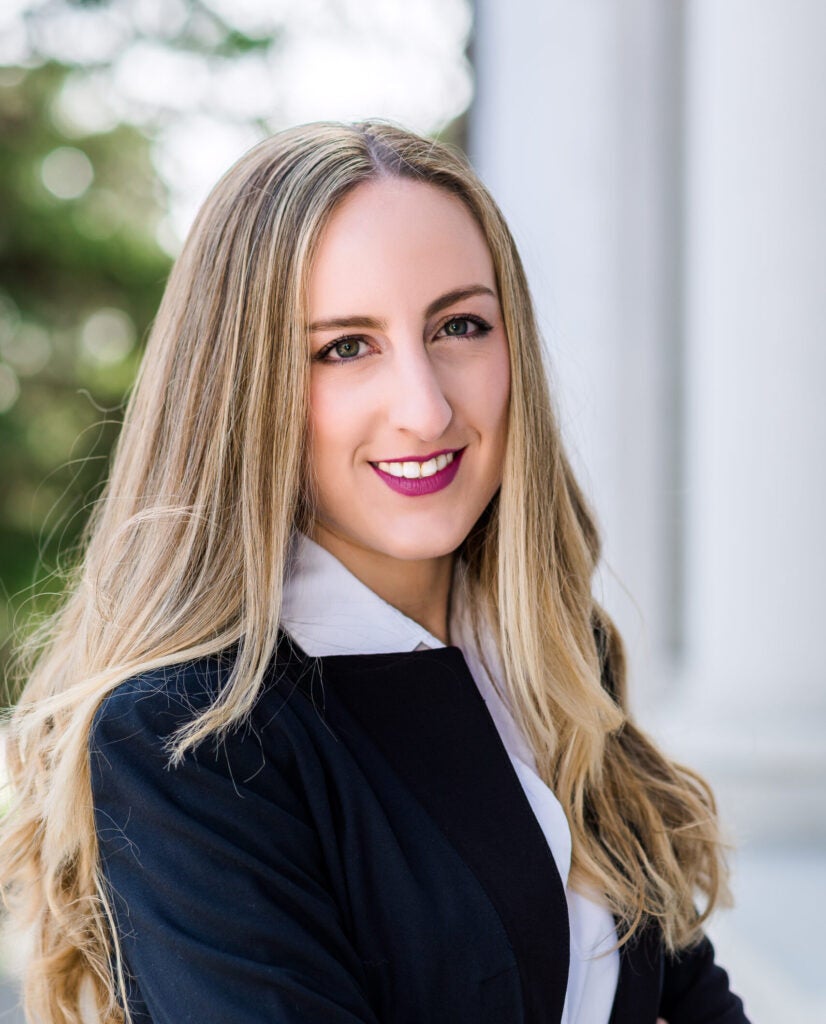
The objective of this study is to examine the impact of abortion denials on women's lives. The underlying rationale is that family planning and access to reproductive care are pivotal in shaping a woman's life trajectory. The project will use plausibly exogenous variation in abortion denials and comprehensive administrative panel microdata to estimate the causal impact of abortion care on women's socioeconomic outcomes, including physical and mental health, educational attainment, career aspirations, and labor market outcomes. The long-term goal is to comprehensively understand the significance of reproductive health in shaping women's overall outcomes.
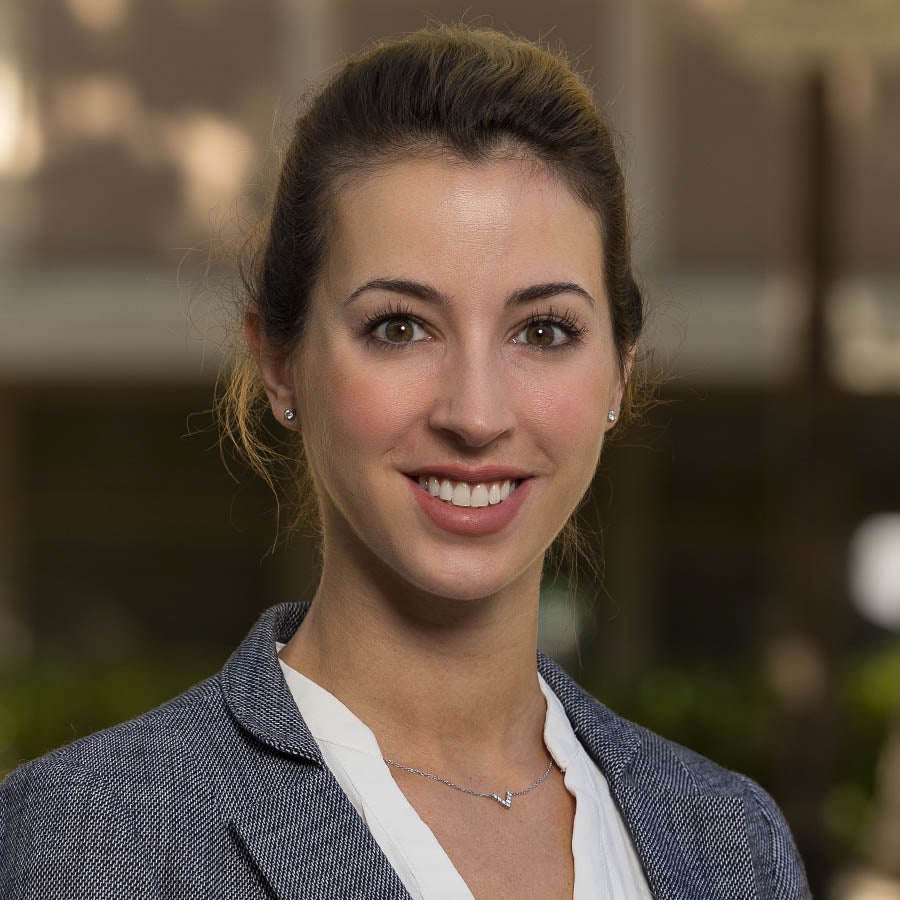
In this study, I investigate Spanish-speaking children's comprehension of elided (prepositional) questions. For instance, in "Maria is talking with someone, do you know who?”, we invariably assume the unpronounced question is “…who Maria is talking with?”. Theoreticians have proposed competing analyses to explain how adults reconstruct the meaning of the elided question. The dominant theories include pragmatic inference or various forms of syntactic representation. By examining children’s developmental patterns in their interpretation of different types of elided questions, I seek to provide empirical evidence for one of these analyses.
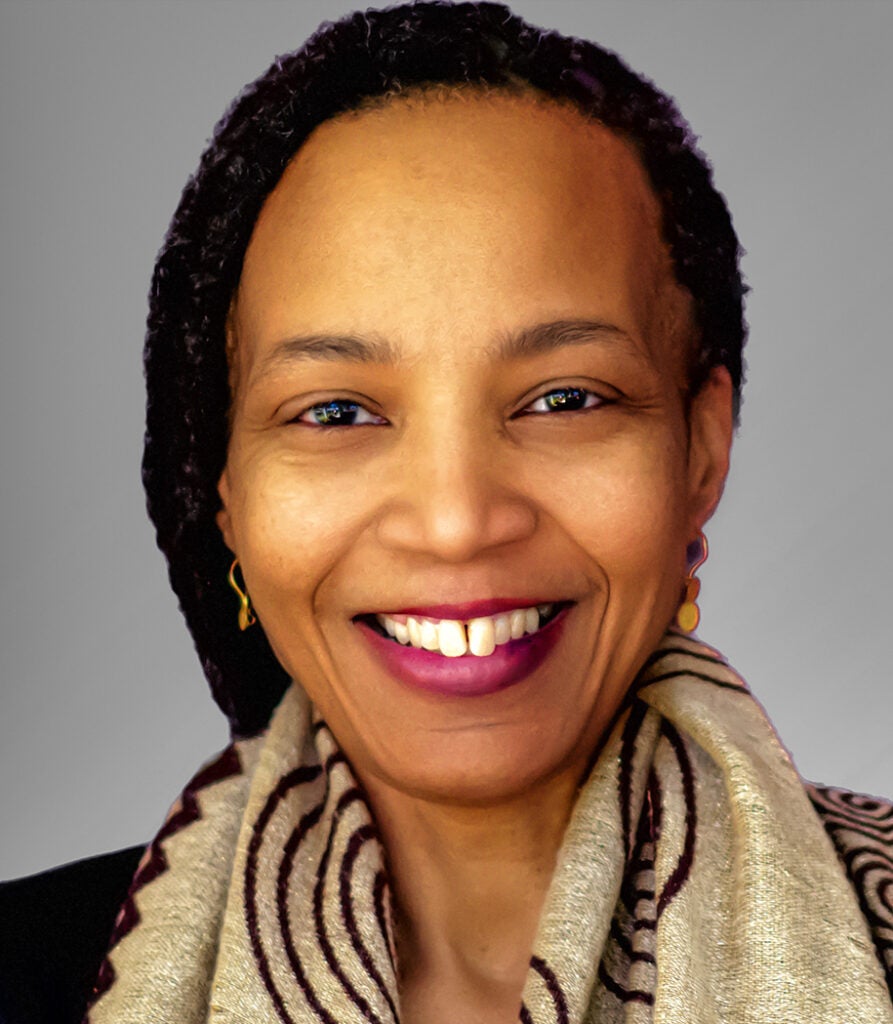
As climate change increases days of extreme heat, there is an urgent need to assess the efforts of the most vulnerable urban residents to deal with the dangers. This case study examines how housing status, neighborhood characteristics, and socio-cultural processes combine to influence the access of families to water, sanitation, and hygiene (WaSH) and to cooling recreational spaces such as public parks and pools (REC) during summer heat. Specifically, the longitudinal study will focus on Black and Latina mothers in three settings of South Los Angeles: (1) privately owned residences, (2) public and non-profit low-income housing, and (3) insecure housing (e.g., living in cars, vans, and motor homes). Mothers are often the primary care providers for children and elders. In addition to assessing family wellbeing, the study will explore how the burden (time, money, stress) of securing WaSH and REC for their families influences mother wellbeing.

A future built on renewable resources requires new energy storage and conversion technologies that do not require carbon as an energy carrier. We are interested in understanding how to efficiently interconvert hydrogen gas (H2) and its most reduced form, the hydride ion (H-). This seemingly simple redox interconversion is mechanistically poorly understood and a detailed understanding of this process may enable new exciting possibilities in energy storage and the production of important chemicals and materials from renewable sources.
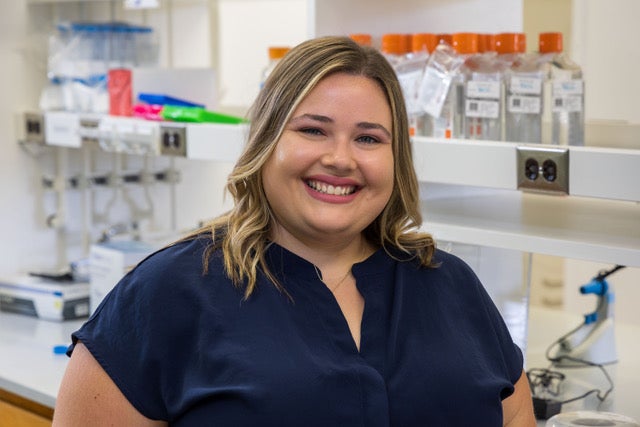
Metabolism is a finely tuned process whereby the cell builds up or breaks down micro- and macromolecules, and the precise regulation of metabolism is essential for cell health and survival. The Schmitt Lab is interested in understanding how cells organize and regulate metabolism in both space and time, and how this is perturbed in disease. To study dynamic regulation of metabolism, we use genetically encoded fluorescent protein-based biosensors for kinases and metabolites to measure biochemical activities in living cells in real time with high spatiotemporal resolution. Using biosensors for a central regulator of metabolism, AMP activated kinase (AMPK), alongside biosensors for metabolites, we will study how the local subcellular environment influences metabolic regulation in real time. Our work will enhance our understanding of the interplay between AMPK activity and local metabolite dynamics, towards a more complete picture of metabolic regulation.

In this research, we document an asymmetry regarding which types of errors—false positives versus false negatives—people believe should be prevented versus fixed. For punishments, people care more about preventing false negatives (e.g., “tough-on-crime”) and fixing false positives (e.g., The Innocence Project). For rewards, people care more about preventing false positives (e.g., welfare fraud) and fixing false negatives (e.g., “catch-up” stimulus checks). When weighing which realized errors to fix, people empathize with “good actors” erroneously harmed (e.g., identifiable victims). When weighing which anticipated errors to prevent, people attend to “bad actors” erroneously helped (e.g., negativity bias).
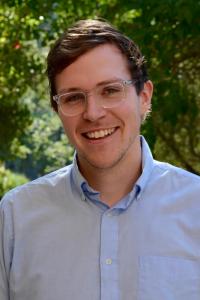
Private donors contributed more than $350 million to local election officials to support election administration in 2020. This funding touched off a partisan dispute and led 24 states and counting to enact laws banning or limiting private contributions. Using the Career Development Award, I along with my coauthor, Apoorva Lal, intend to use new administrative data on the distribution of these grants along with recent advances in synthetic control-style methods to document the partisan effects of these grants. In our initial preliminary work studying these grants, we find that, contrary to widespread concern, these grants did not substantially advantage Democrats.
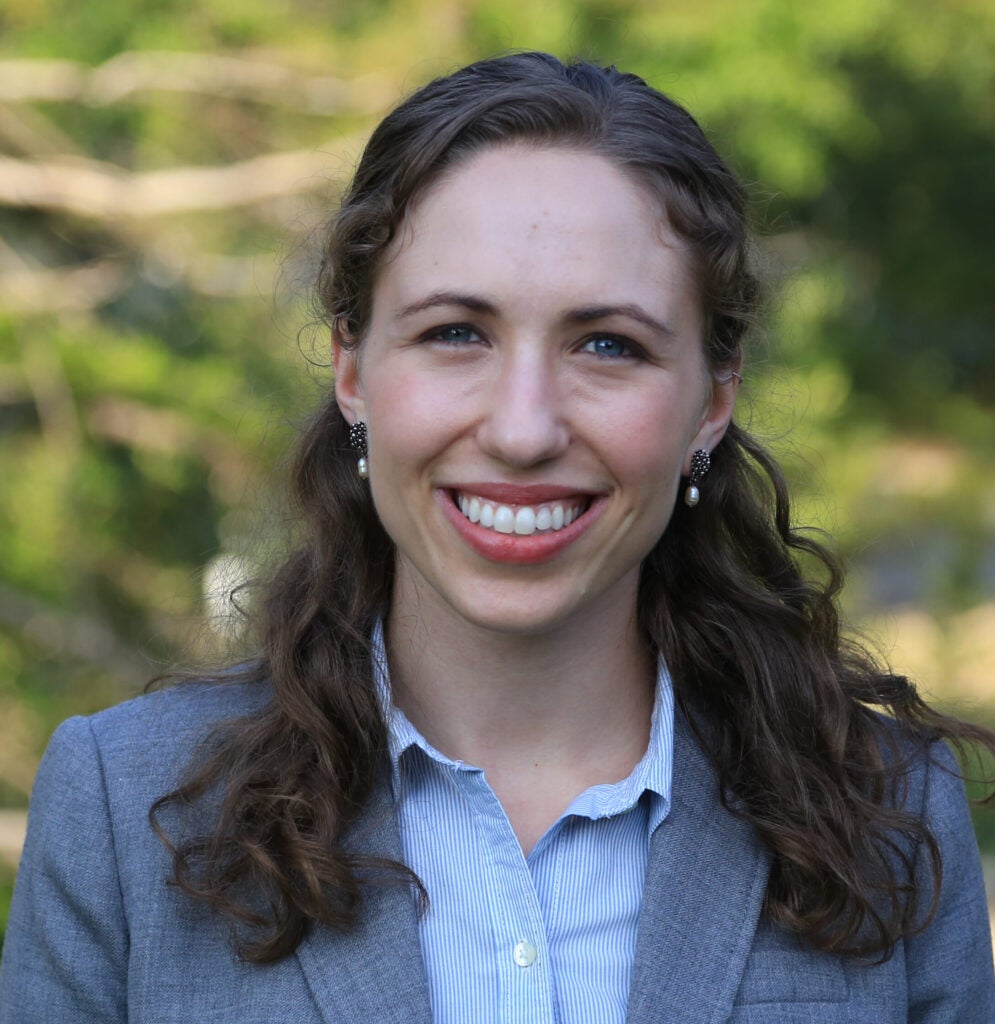
This project studies the impact of immigration enforcement on victim crime reporting and public safety. While heightened immigration enforcement may improve safety by incapacitating serious offenders, safety may suffer if victims are unwilling to report crimes. To investigate this issue, we examine survey data from the U.S. Census Bureau and policy variation in immigration enforcement from the county-level rollout of the federal Secure Communities program. We find that an increase in immigration enforcement reduces the likelihood that Hispanic victims report their incident to the police and increases the likelihood that Hispanic individuals are victimized, reducing public safety. These two opposing effects lead to a null impact on reported crimes, explaining previous studies’ findings that this program did not alter reported crime rates.

